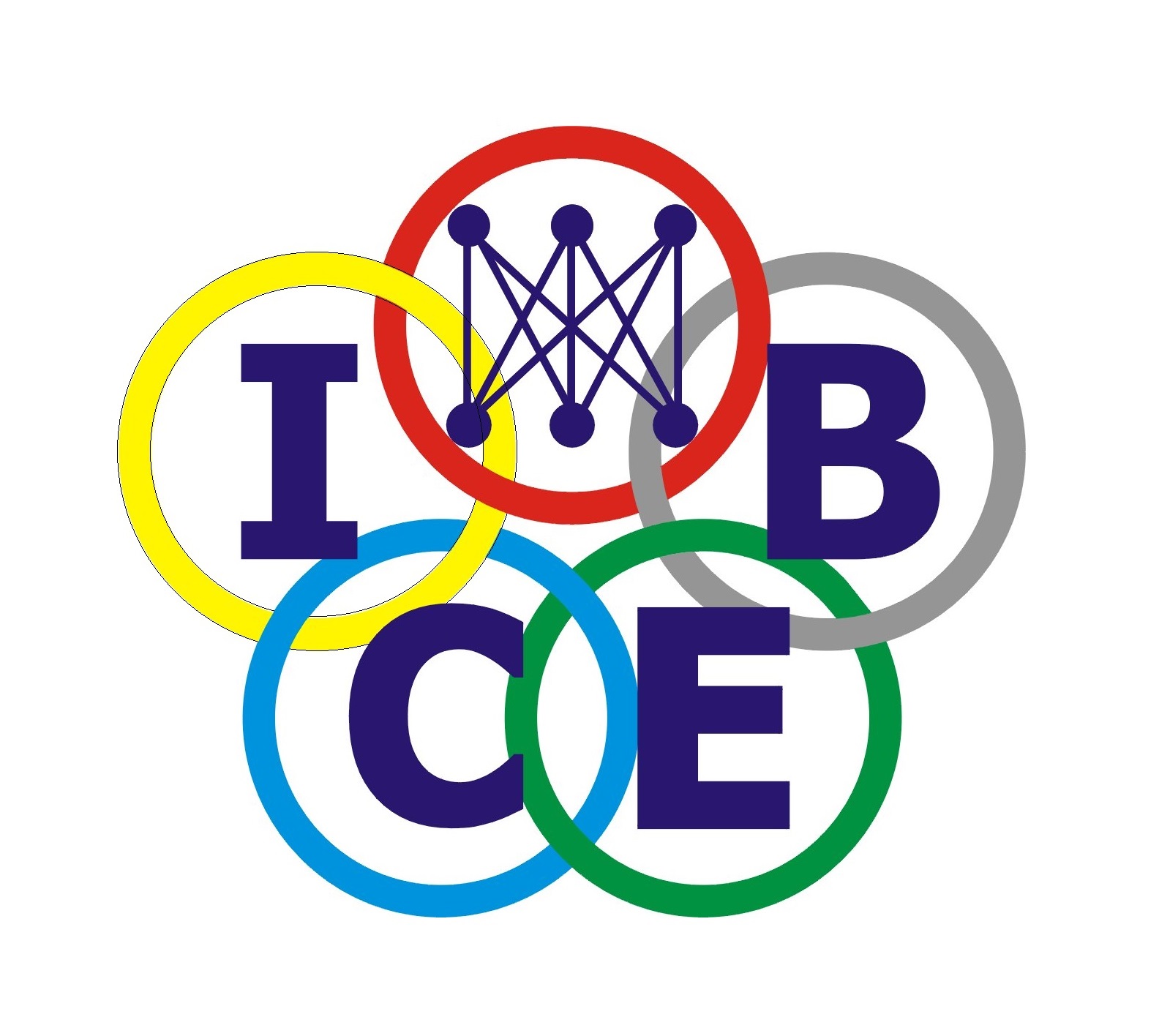Abstract
Amidst the digital transformation, e-commerce has become a cornerstone of global trade, emphasizing the essential nature of ecommerce skills for professionals to maintain their competitiveness in the evolving job market. The industry's recent embrace of Artificial Intelligence Generated Content (AIGC) suggests its potential to revolutionize simulation-based learning within ecommerce education. This study explores the effectiveness of AIGC simulation environments in enhancing e-commerce competencies, supported by the theoretical framework of Cognitive Load Theory (CLT). Leveraging AIGC, these dynamic learning environments provide personalized and immersive experiences that simulate intricate real-world e-commerce scenarios, optimizing the learning process. The research objectives are threefold: first, to investigate the relationship between AIGC environment design and cognitive load; second, to evaluate the impact of learning support and content generation capabilities on skill development; and third, to assess the overall effectiveness of AIGC simulations in improving e-commerce skills, including market analysis, customer service, product knowledge, and sales strategies. By presenting empirical evidence, this study contributes to the field by illustrating how AIGC can be integrated into e-learning to foster conditions consistent with CLT, thus enhancing e-commerce skills and performance.
Recommended Citation
Tian, Kun and Xin, Jing, "The role of AIGC simulation environments in enhancing e-commerce Skills: A study based on cognitive load theory" (2024). ICEB 2024 Proceedings (Zhuhai, China). 24.
https://aisel.aisnet.org/iceb2024/24


